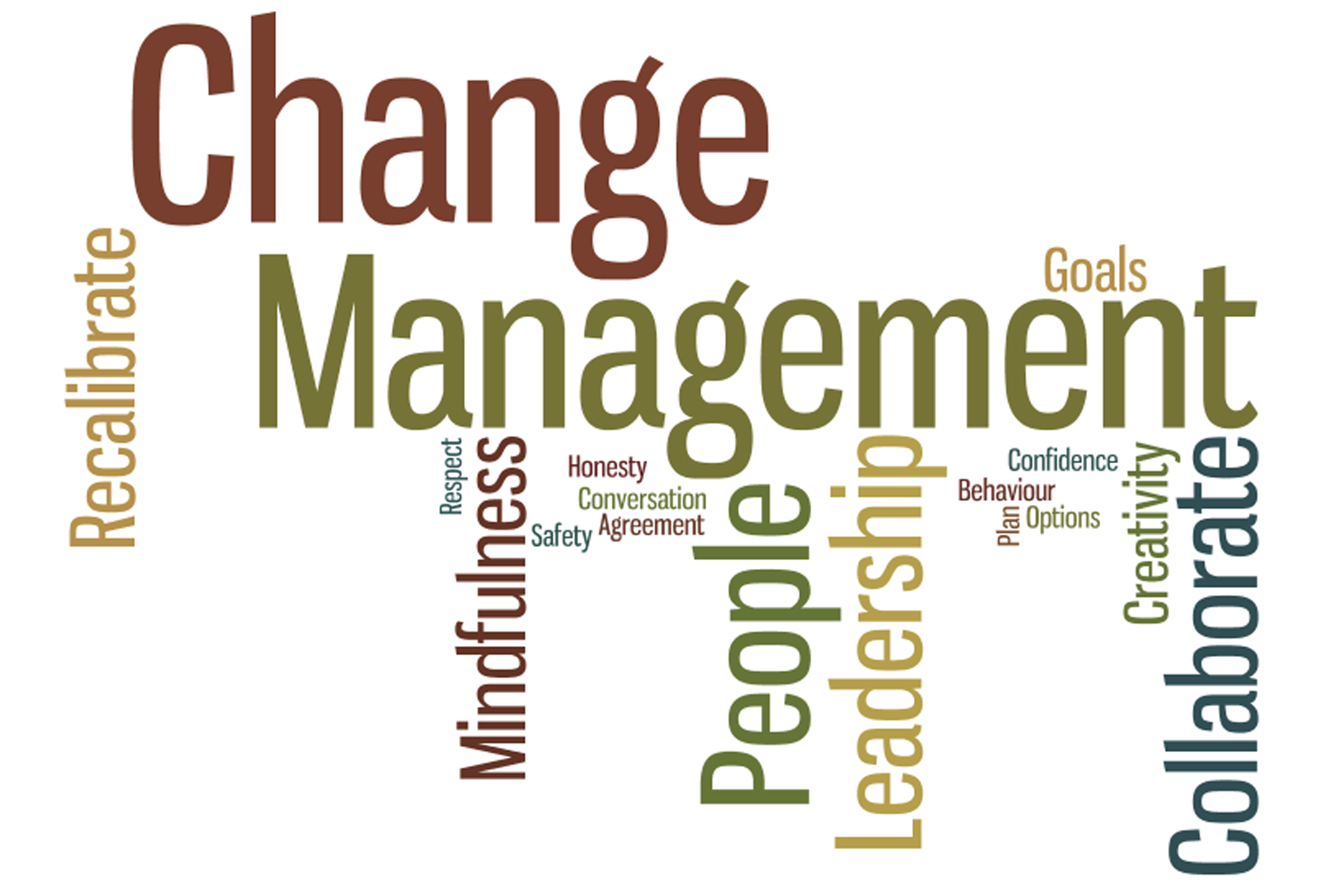Culture change consulting is essential for organisations aiming to remain competitive in today’s dynamic business environment. Corporate leaders, HR professionals, and change managers frequently find themselves grappling with the challenges of cultivating a robust organisational culture that aligns with strategic objectives. This blog explores the complexities of culture change consulting, addressing key challenges and illustrating success through case studies.
Key Challenges in Culture Change Consulting
Resistance to Change
The most significant obstacle in culture change consulting is often resistance. Employees accustomed to established ways of working may perceive change as a threat. Overcoming this resistance requires clear communication about the benefits of change and active engagement with employees at all levels.
Siloed Thinking
Siloed thinking can stymie collaboration and innovation. Organisations must foster an environment where departments communicate and work together towards common goals. Breaking down these silos involves promoting cross-functional teams and encouraging open dialogue.
Sustaining Momentum
Initial enthusiasm for change can wane over time. Sustaining momentum requires ongoing support from leadership and continuous reinforcement of new behaviours. Regular check-ins and metrics to track progress help maintain focus and drive long-term success.
Aligning Culture with Strategic Goals
Aligning an organisation’s culture with its strategic goals is crucial for success. This alignment ensures that employees’ daily actions contribute to the broader mission. It involves defining clear cultural objectives that mirror the company’s vision and reinforcing these through policies, practices, and leadership actions.
Inclusive Change
Change perceived as a top-down imposition can breed resentment. Inclusive change means involving employees in the process, allowing them to voice concerns and contribute ideas. This approach fosters a sense of ownership and engagement, making the transition smoother and more effective.
Measuring Success
Quantifying the impact of culture change can be challenging. Organisations need to establish clear metrics to evaluate progress and adjust strategies as needed. These metrics might include employee engagement scores, turnover rates, and performance indicators aligned with cultural objectives.
Success Stories in Culture Change
Tech Company Transforms to Agile and Collaborative Culture
A multinational tech giant successfully shifted from a traditional, siloed structure to a more agile and collaborative environment. Key factors in this transformation included strong leadership alignment and a comprehensive change management plan. Leaders championed the change, and a structured approach ensured that all employees understood their roles in the new culture.
Financial Institution Fosters Innovation and Customer Centricity
An established financial institution faced resistance from long-tenured staff when transforming its culture to be more innovative and customer-centric. The organisation overcame this by empowering employees at all levels. Open forums, suggestion boxes, and reward systems encouraged contributions to the change process, resulting in a more engaged and proactive workforce.
Healthcare Provider Enhances Diversity and Inclusion
A healthcare provider integrates diversity and inclusion into its culture, leading to improved patient care and higher staff satisfaction. This was achieved through targeted training programmes, open dialogues, and the establishment of diversity and inclusion committees. These initiatives ensured that all voices were heard and valued, fostering a more inclusive environment.
Retail Chain Aligns Culture with Sustainability Goals
A retail chain aimed to align its culture with its strategic goal of sustainability. This alignment led to cost savings, improved brand perception, and increased employee engagement. The change was driven by clear communication of environmental impact goals and proactive engagement with employees. Staff were encouraged to participate in sustainability initiatives, creating a shared sense of purpose.
Conclusion
Culture change consulting is a multifaceted challenge that requires a strategic, inclusive, and sustained approach. By addressing resistance, fostering collaboration, maintaining momentum, aligning culture with strategic goals, ensuring inclusivity, and measuring success, organisations can achieve meaningful and lasting change.
The success stories highlighted here demonstrate that with the right strategies and commitment, it is possible to transform organisational cultures in ways that drive both employee satisfaction and business success. For corporate leaders, HR professionals, and change managers, the path to effective culture change is clear—engage, communicate, and lead with purpose.
